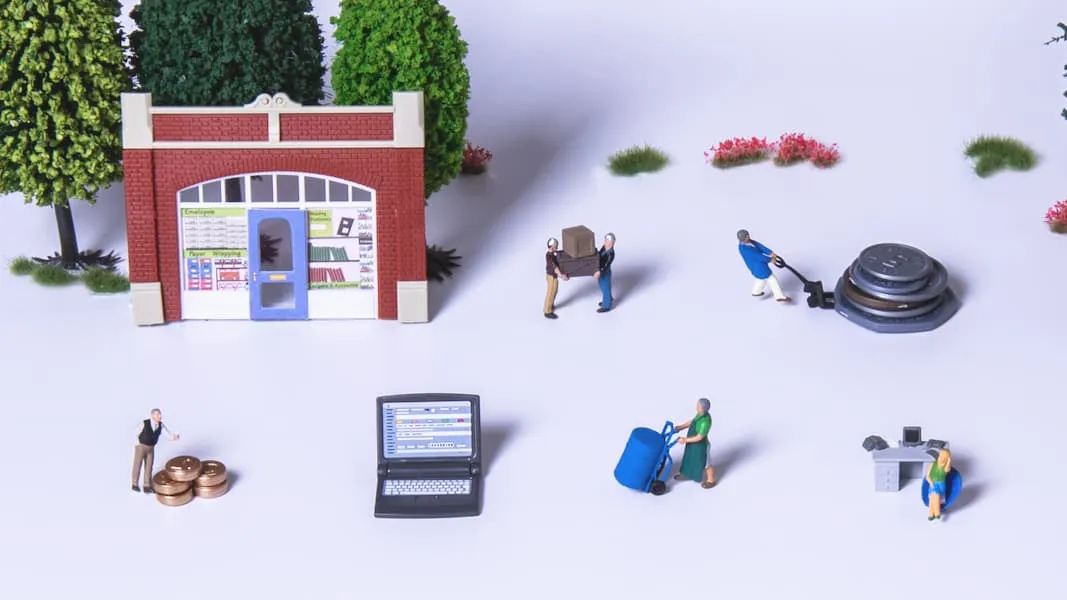Managing late payments in the construction industry
5
min read
Managing late payments in the construction industry





Late invoice payments can have real consequences for small businesses, but for those in the construction industry, late paying customers can also have a disruptive effect on future work. Not having the cash flow to buy materials to start other projects can leave old jobs lingering and prevent the owners of construction companies from moving on to their next venture.
This problem was exhibited on a grand scale when the UK’s second largest construction company, Carillion, collapsed in January 2018. According to the National Audit Office, the event was estimated to cost the taxpayer £148m as Carillion left many invoices unpaid – sending cash flow gaps reverberating through the economy.
Why are late payments so common in the industry?
Late payments are more common in the construction industry because of the lengthy supply chains, consisting of specialists and subcontractors who are all responsible for a small part of the overall process.
As a result, payments need to pass through a number of different parties, with each delay exacerbating the problem for the next person in the chain.
When Carillion collapsed, it owed around £1bn worth of payments to over 30,000 businesses, demonstrating that this is a problem faced by big and small businesses alike.
Mark Telford runs Telfords Chartered Accountants, a firm which specialises in providing accountancy services for those in the construction industry. He explains the knock–on effect that late payments can have on business.
“If a client doesn’t pay their subcontractors on time each week, they will often walk off site and look for work elsewhere,” explains Telford. “It can then be very difficult to get that labour back, which in turn affects the ability for the client to deliver work on time.”
Colin Kent, owner of Pembrokeshire based CK Roofing Contractors Ltd, suggests that the best way to ensure invoices are paid on time is to give customers a 30 day payment window.
“I always send a reminder out straight away when invoices are late,” says Kent. “However, some clients aren’t on the ball and often delay payment by a few weeks. This has knock on effects for cash flow in the business.”
Using new tools can speed up payments
While getting customers to pay on time can seem like a daunting task, the development of cloud–based accountancy software such as Xero or Quickbooks can help smooth the process. Tools such as these make it much easier for construction companies to access up–to–date information on their finances, and also supplies businesses with the means to efficiently issue invoices and facilitate faster payments.
Automatic payment reminders, real–time access to cash flow data and mobile alerts allow business owners to concentrate on what really matters, and avoid the hassle of chasing late–paying customers.
“We encourage our customers to get their clients to pay by direct debit,” says Mark from Telfords Chartered Accountants, “Companies such as GoCardless and iZettle have revolutionised the way in which small businesses can manage their cash flow.”
{{flexi-loan="/components"}}


How to use payroll loans for small businesses

Business Loans comparison: High Street Banks vs. Alternative Lenders
Comparing the pros and cons of getting a business loan from traditional lenders and alternative finance providers, including how they differ in application processes, speed of funding, rates and flexibility.

Working capital ratio
Discussing the importance of calculating your company’s working capital ratio, what it represents and how to improve the ratio.








